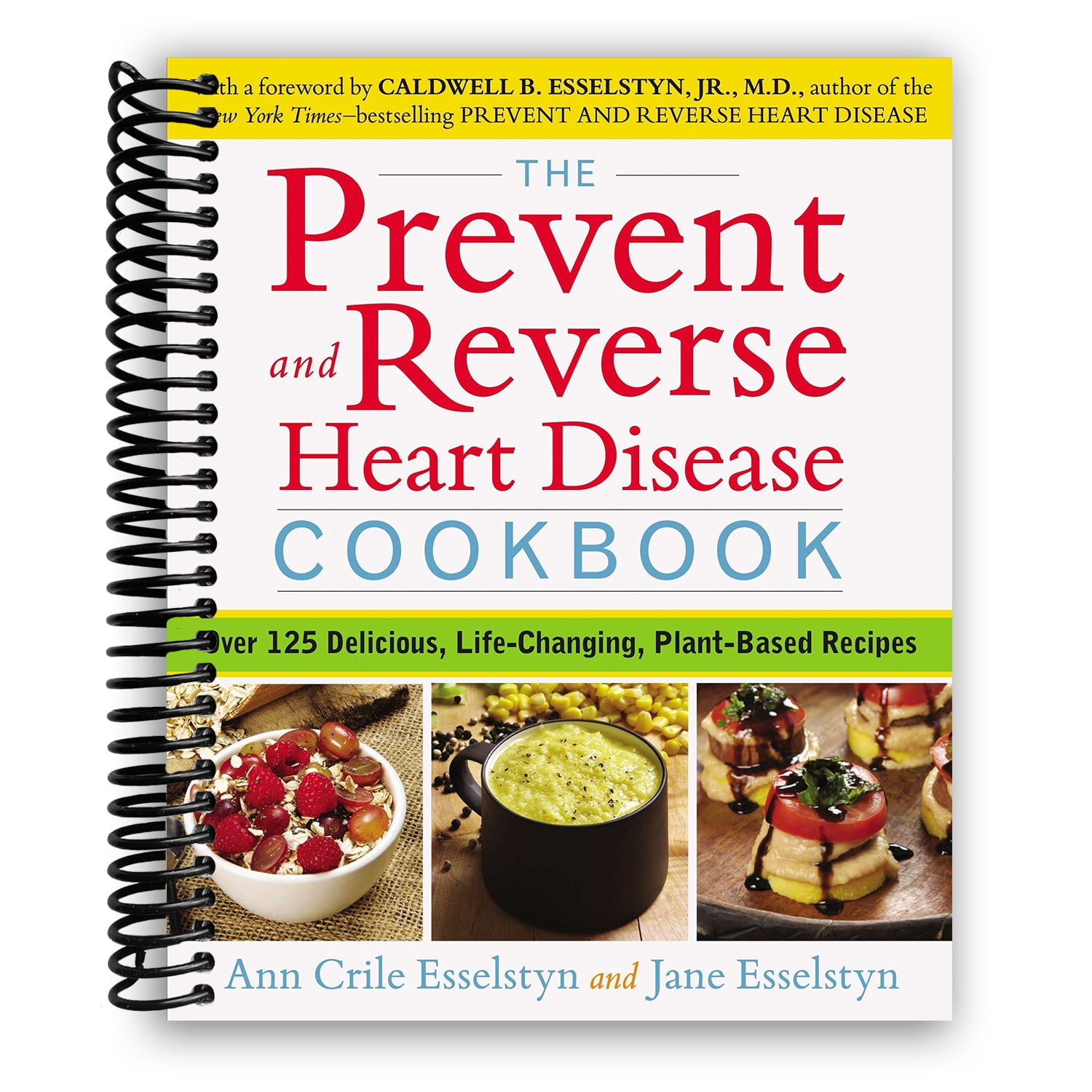Background and Cleveland Clinic Career

Born on December 12, 1933, Dr. Caldwell B. Esselstyn Jr. is a physician, author, and former Olympic rowing champion who has become renowned for his pioneering work in preventing and reversing heart disease through plant-based nutrition.
After graduating from Yale University and Western Reserve University School of Medicine, Dr. Esselstyn trained as a surgeon at the Cleveland Clinic and at St. George's Hospital in London. In 1968, as an Army surgeon in Vietnam, he was awarded the Bronze Star.
Dr. Esselstyn's distinguished career at the Cleveland Clinic began in 1968, where he served for more than 35 years. During this time, he chaired the Clinic's Breast Cancer Task Force and headed the Section of Thyroid and Parathyroid Surgery.
His pivot toward nutrition research came after becoming increasingly frustrated with the limited approach of treating disease after it had already developed. He was determined to find ways to prevent disease before it required surgical intervention.
Dr. Esselstyn currently directs the cardiovascular prevention and reversal program at The Cleveland Clinic Wellness Institute, where he continues to demonstrate the life-changing power of plant-based nutrition for heart disease patients.







